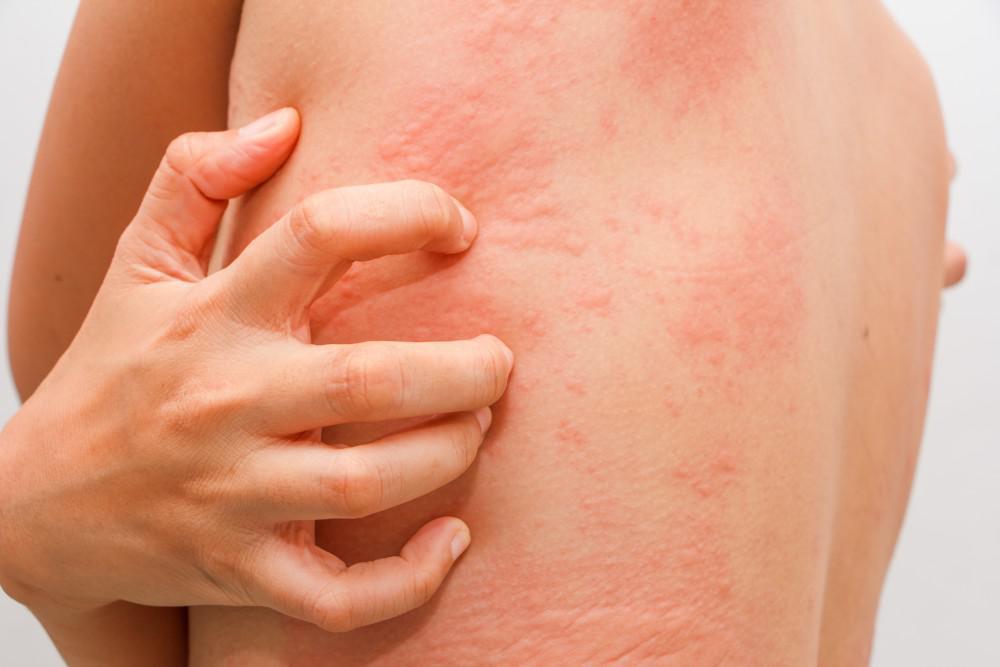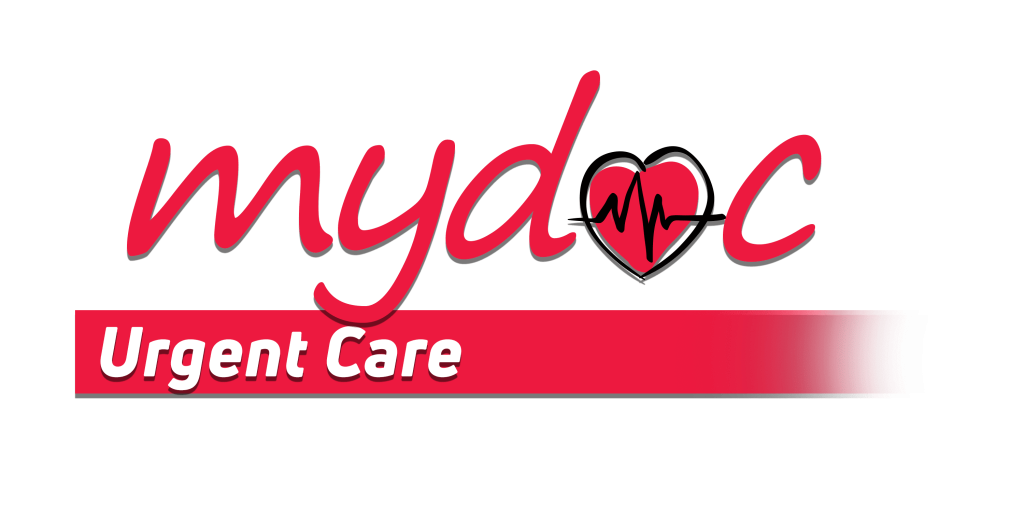
MyDoc Urgent Care offers quality health care with the convenience of walk-in services and same-day doctor visits to residents in and around Forest Hills, East Meadow, the Bronx, and Brooklyn, New York. Our team can help if you’re struggling with allergies, starting with testing that accurately identifies the substances making your life miserable.
Why would I need allergy testing?
Effective allergy treatment starts with identifying the substances (allergens) that cause your immune system to go into overdrive. You may sense that your allergies seem worse in the fall, but is it mold, dust, pollen, or that seasonal pumpkin pie causing your issue? Allergy testing offers answers to those questions and can also rate the level of your reaction to specific allergens. It also provides insight into the type of allergy treatment you require. For instance, if you have a mild seasonal allergy to tree pollen, you may do well on periodic oral antihistamines to control your immune response. However, individuals with more severe allergies may respond better to immunotherapy. Sometimes referred to as allergy shots, immunotherapy desensitizes your immune system’s response to various allergens.What types of allergy testing are available?
Allergy testing available at myDoc Urgent Care includes:Skin prick test
During a skin prick test, your provider pricks an area of skin on your forearm or upper back with a thin needle that contains a small amount of a potential allergen. From 10-50 potential allergens may be included in the test. A positive response to one of the allergens typically occurs within 15 minutes and may cause redness, a raised bump, or a rash at the site. A skin prick test can check for airborne allergies such as dust or pollen, penicillin allergy, and food allergies.Blood test
Depending on the results of your skin prick test or suspected allergy, your myDoc provider may recommend a blood test to measure the amount of allergy-causing antibodies in your blood.Breathing test
Because allergies and asthma often occur together, your provider may also recommend a breathing test to determine whether you require further evaluation and treatment for asthma.Is an allergy skin test safe?
Our staff closely monitors your response to allergy testing at myDoc Urgent Care, quickly countering a severe reaction with appropriate treatment. However, the amount of allergen exposure during the skin test is minimal, making a severe response unlikely. For further information about allergy testing, take advantage of our convenient walk-in services, contact your nearest myDoc Urgent Care office, or use our severe online service to schedule a same-day appointment today.SCHEDULE A CONSULTATION









